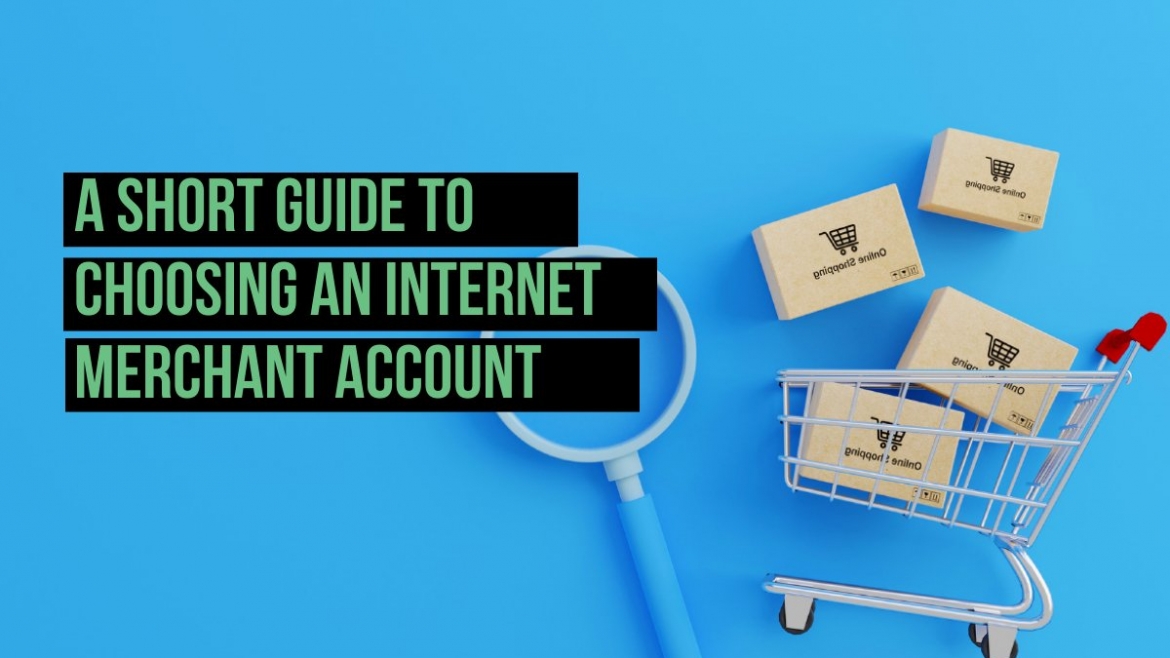If you’re thinking of entering the world of eCommerce, the first thing you need to be able to do is to accept online credit card payments. And to do that, you’ll need an internet merchant account.
Here’s the thing, though: not all merchant accounts are created equal. If you want to choose the right account for your business, you need to know how it interacts with other key elements for selling online, such as third-party processors and payment getaways. If you need some help getting started, read our short guide on internet merchant accounts below!
What Is an Internet Merchant Account?
In essence, an internet merchant account is just another type of bank account. Once a customer buys something from you via a credit/debit card, the funds are deposited to your merchant account and will eventually move to your business bank account.
Why not accept these payments directly to your bank account? Well, that’s not how credit card processing works. Other than you and the customer, digital transactions involve the issuing bank and the acquiring bank. Every time a customer pays for something using a card on your online checkout, the acquiring bank has to validate the transaction with the issuing bank.
Merchant Accounts vs. Third-Party Processors
Many merchants confuse merchant accounts with third-party processors. The main difference is that a third-party processor uses one merchant account for all businesses it’s hosting. Since there are no setup costs for using a third-party processor, they can seem like an attractive option for entry-level merchants. Examples include PayPal, Venmo, and Square.
The main downside to third-party processors is that they have higher transaction fees than traditional merchant account service providers. They also aren’t as secure, as your account can be suspended or frozen without prior notice, significantly affecting your bottom line. This is why internet merchant accounts are still a better option for most merchants.
Key Features to Look For in a Merchant Account
Before you open an internet merchant account, you’ll need to know what to look for. To that end, we’ve outlined three key features that may influence your decision:
-
Payment gateway: A payment gateway is what facilitates communication between your eCommerce store and your payment processor. With many internet merchant accounts, you’ll get a choice in which payment gateway you’ll use. Some providers will include the gateway in the standard fee, whereas others will have it as a separate charge.
-
-
Multiple ways to pay: Offering a diverse range of payment options is an essential part of making online retail viable. Accepting credit and debit cards is a given, but your customers may want to use other methods as well. This includes anything from mobile wallets such as Apple Pay to Automated Clearing House (ACH) payments.
-
-
Global payment support: If you do business outside of the United States, you’ll want to improve the shopping experience for international customers. For instance, offering dynamic currency conversion on your eCommerce site will automatically convert your default currency to the currency that’s most common in the customer’s region.
If you have been in business for years or just started a new venture and need to accept payments online, get in touch with our MONA team. We have the experience and expertise to help your business choose the best solution when it comes to merchant services.

